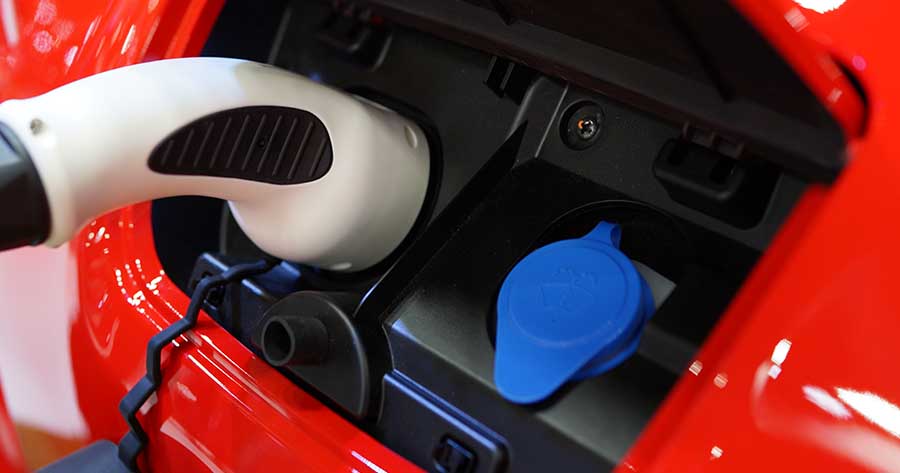In the midst of a fierce price battle, Chinese electric car companies are now intensifying competition in the realm of chip-powered technological advancements like driver-assist functions.
Nio and Xpeng have revealed their readiness to commence production using their internally developed auto chips. While many leading Chinese electric car manufacturers have previously utilized Nvidia chips, which have generated substantial quarterly revenue exceeding $300 million in the automotive sector, the tide is turning towards in-house chip solutions.
Experts, such as Tu Le from Sino Auto Insights, note that creating proprietary chips allows EV makers to differentiate themselves in a saturated market where competitors leverage similar technology for their systems.
This shift towards self-designed chips is expected to be adopted by Tesla and other Chinese electric car startups, while traditional automakers are likely to continue partnering with established players like Nvidia and Qualcomm.
Nvidia recently reported a notable 37% year-on-year surge in automotive revenue to $346 million, emphasizing the significance of their role in the sector during an earnings call.
Alvin Liu, a senior analyst at Canalys, highlighted Tesla’s success in self-driving technology as a driving force behind Chinese automakers pursuing chip self-development. Customization opportunities and reduced supply chain vulnerabilities due to geopolitical uncertainties are driving factors for Chinese car manufacturers to opt for proprietary chip designs.
Although Chinese automakers are projected to initially introduce new technology in limited quantities targeting the high-end market, experts like Liu believe that Nvidia is unlikely to face immediate substantial repercussions.





